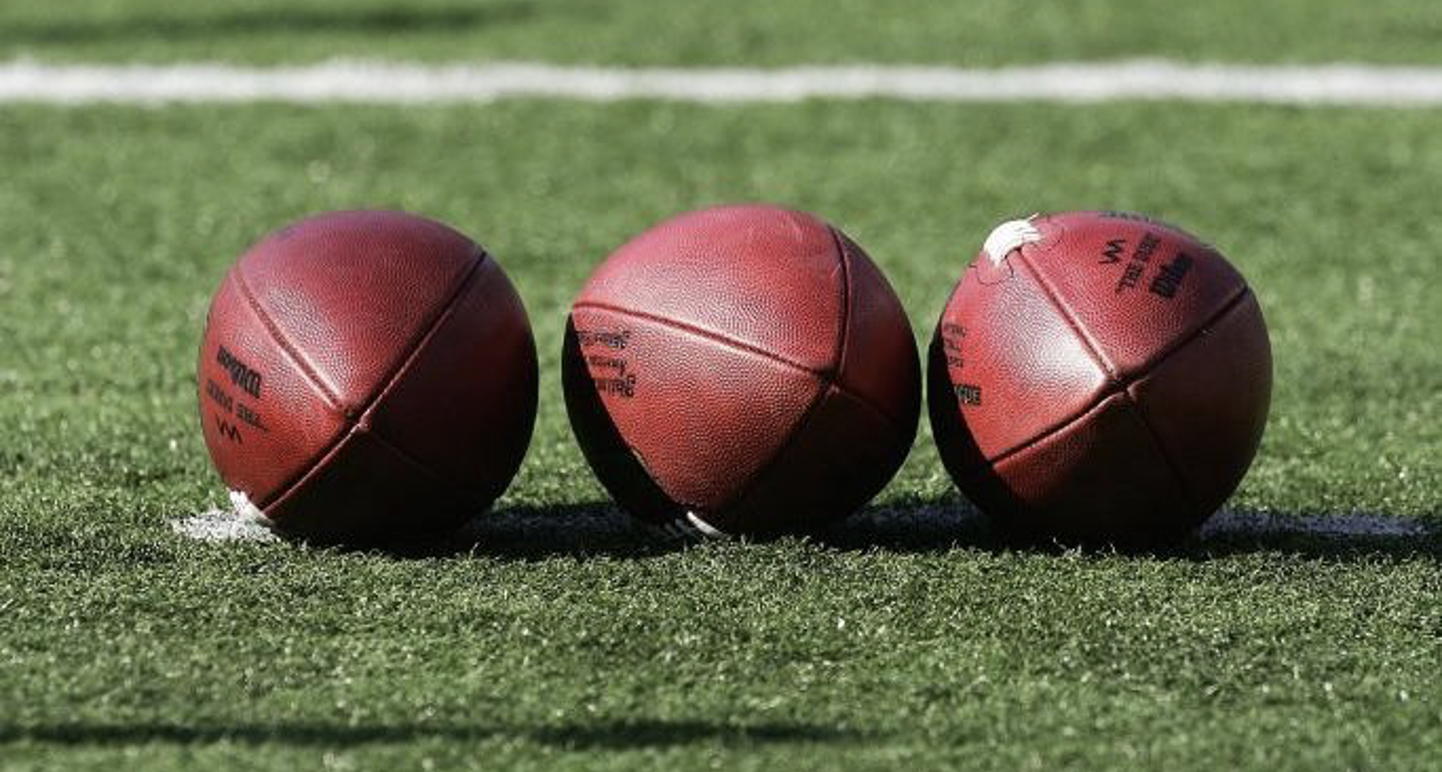Gambling
G2E: When it comes to integrity, industry should ‘celebrate its wins’

In 2023, 10 NFL players were suspended for violating league gambling rules. And a college baseball scandal involving insider information was uncovered. An outcry questioning the legal industry followed. But those who specialise in integrity monitoring say that instead, the industry — and others — should celebrate.
“Let’s not fool ourselves — matching fixing and integrity issues aren’t new,” Jim Brown, head of integrity services & harm prevention in North America for Sportradar, said. “This brings better protections.”
The NFL and NCAA examples were among many in 2023 and 2024 that involved the gambling industry policing itself and uncovering banned or illegal activity.
Brown was speaking as part of the “Tackling Match Fixing: Gaming and Global Sports Cooperation” panel at G2E in Las Vegas Monday (7 October). Jess Feil, OpenBet VP of regulatory affairs and compliance and Matt Fowler, head of global operations for the International Betting Integrity Association (IBIA), joined Brown and moderator Santiago Asensi, managing partner, Asensi Abogados SLP, on the panel.
Match fixing is ‘sexy’
The group agreed that match fixing is the “sexy” news that comes out of the sports betting world, but it is not the most common or even the toughest to track.
“Integrity is a bigger issue,” Brown said. “And financial crimes. They don’t necessarily want to win their bet, they are just laundering money. (Criminals might) take both sides of the bet, and hedge just so they can clean their money. … What the regulated marketplace does is add more transparency.”
Those who monitor integrity work in a constantly evolving world of AI and machine learning. The cutting-edge tools allow for better, more in-depth and consistent monitoring of wagers and lines. And they are increasingly necessary as legal sports betting proliferates and tens of thousands of wagers may be placed in a single day in the US — or even with a single operator.
Here’s what happens when a bet is flagged
Panelists said that fewer than 1% of all legal bets placed are flagged for review. Operators, suppliers and regulators have a set of protocols to follow once a suspicious activity is identified. And that may include not only alerting, but also educating law enforcement.
As a company that develops gaming products, including those for management, data analysis and reporting, OpenBet can monitor activity on its clients’ platforms. It also has access to anonymised accounts data.
“The most interesting thing is how many stakeholders are involved once a flag goes up,” Feil said. “As I said, we can see account-level activity. So, first we escalate to the operator. While we hold the account-level data, we don’t hold the customer data. So we provide more information that might allow (an operator) to identify the customer.
“If that uncovers something concerning, then it gets shared with the broader industry. And then if there is criminal activity involved, we are all in touch with law enforcement. So, we identify and help them to understand it.”
In-play betting, microbetting challenges
The panelists agreed that prevention and early identification of issues are critical.
“There’s no magic solution, but there are pillars you can build on,” Fowler said. “Prevention is always better than a cure. We have an education program that has been quite successful. And looking at it from an operator and regulator perspective, there are internal controls. Looking at information in isolation is not good.”
As betting becomes more sophisticated, Brown said, the methods for identifying fraud must, as well. In recent years, in-play betting and microbetting have grown exponentially. It is in this area that AI and machine learning excel with regard to identifying integrity issues.
“When a line adjusts for no particular reason, that sets alarms off,” Brown said. “With in-play, it’s a little trickier. That’s where AI helps out and gives us alerts. Seeing something … like ‘Hey, that player threw the ball away.’ That doesn’t necessarily mean match fixing. We have to follow the money.”
What is the value of a legal, regulated market?
The NFL betting scandals or the Alabama baseball scandal are, the panelists said, excellent examples of the system working. In some of the NFL cases, players on exclusion lists were identified betting in locations (team facilities) that violate NFL rules. Those violations did not break state law.
In the Alabama case, authorities at an Ohio casino flagged unusually big bets on an Alabama-LSU baseball game. The flagged bets quickly led to an investigation that uncovered a connection between the Alabama baseball coach and the bettor. The coach, Brad Bohannon, gave insider information to the bettor. Bohannon was ultimately fired and the bettor got prison time.
In that case, some sportsbooks suspended betting on the baseball series. Feil said that is always an option, but suspending betting usually happens in “smaller and non-pro leagues” and is a last resort.
The NFL and Alabama cases show that a regulated marketplace works. But headlines about players caught violating league rules or coaches sharing insider information are often perceived by the greater public as negative.
“Some of that messaging should be around the value of a legal, regulated book,” Feil said. “Working with this (regulated) book means not only is your money safe, but the sport you love is safe.”










